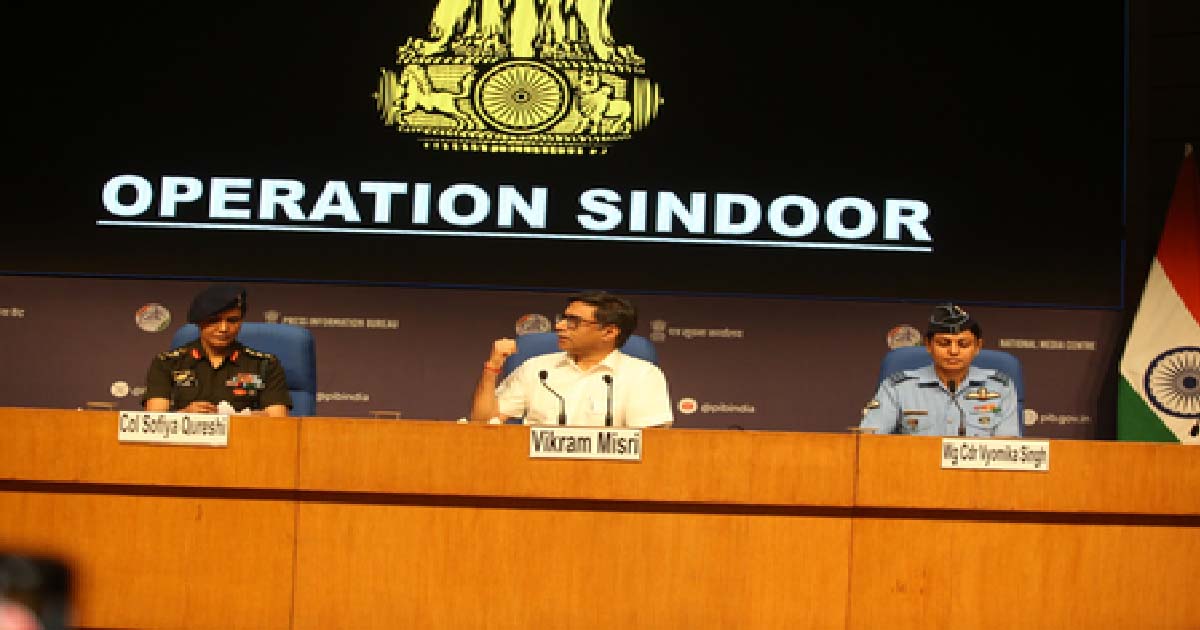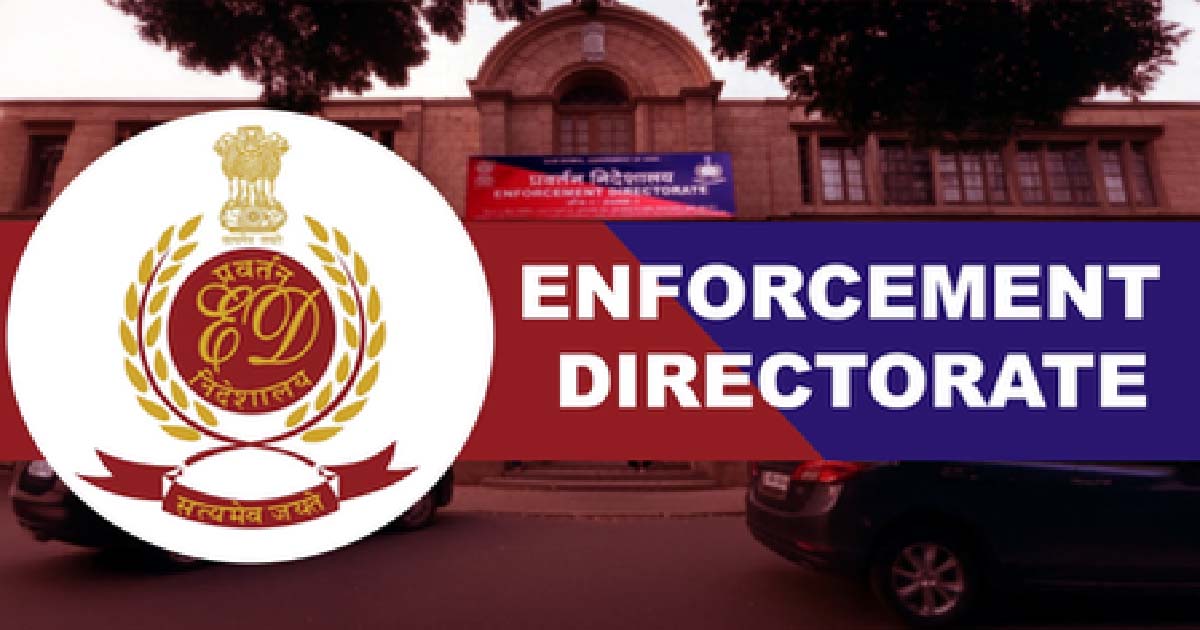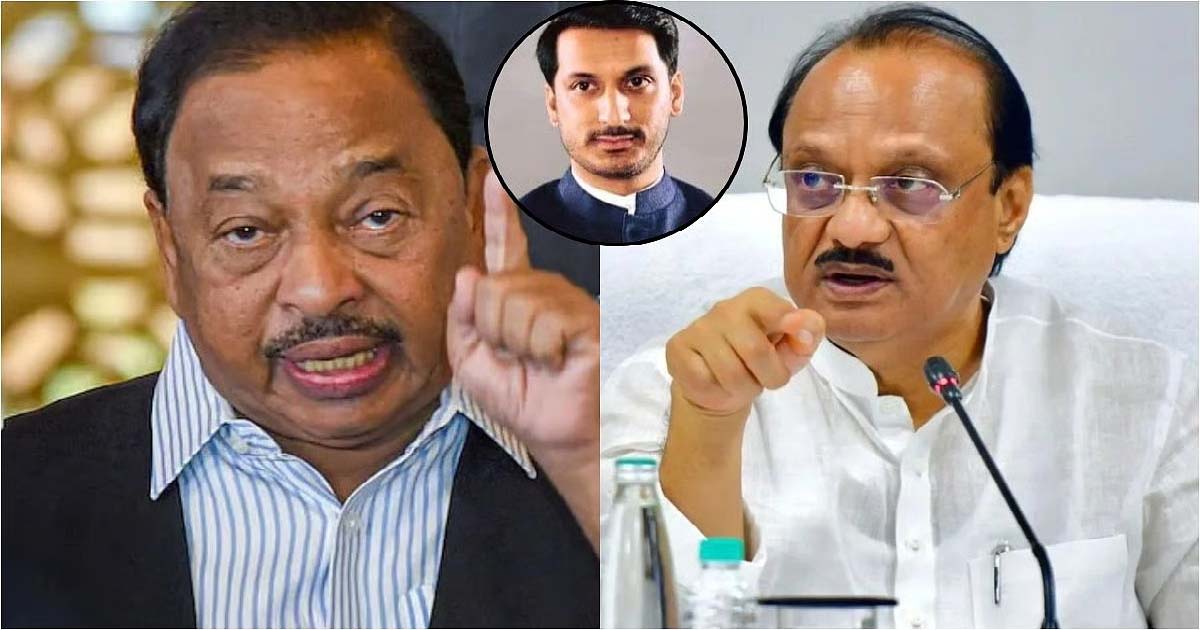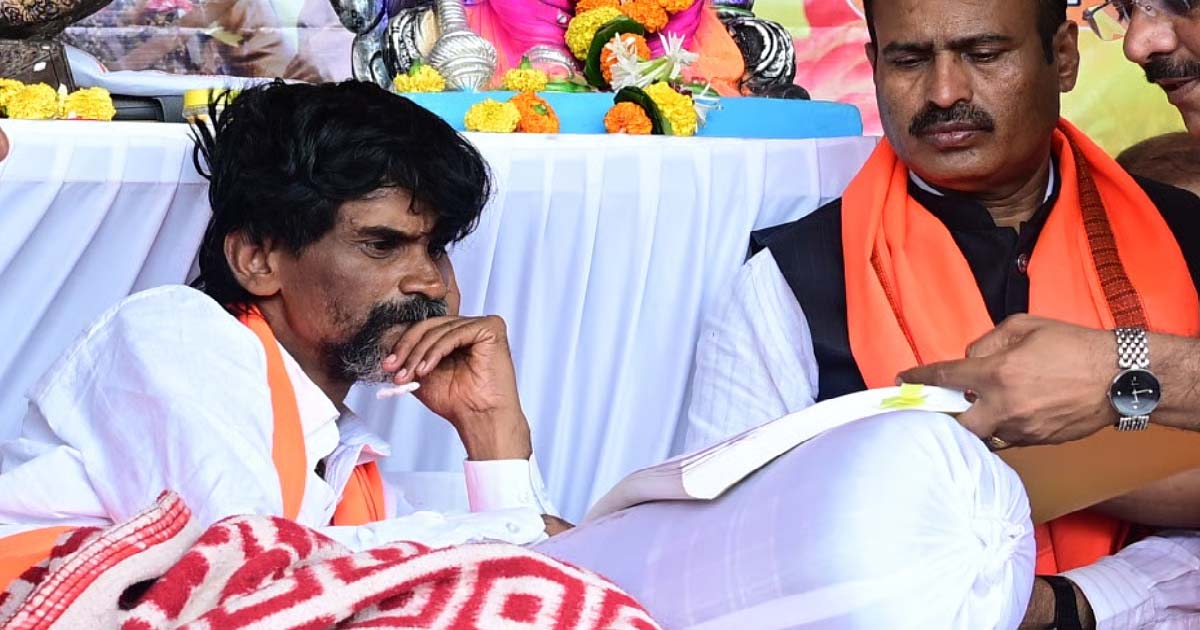National News
Nine terror hideouts hit between 1.05 -1.30 AM: Women officers give account of ‘Operation Sindoor’

New Delhi, May 7: Under ‘Operation Sindoor’, India has bombed multiple terror bases and camps in Pakistan-occupied Kashmir (PoK) as well as Pakistan, two women officers of the Indian Armed Forces informed the media on Wednesday.
Colonel Sophia and Wing Commander Vyomika Singh, in a press conference with Foreign Secretary Vikram Misri, said that the military strikes were carried out between 1.05 to 1.30 a.m. in the wee hours on Wednesday on credible intelligence inputs and the purpose was to decimate and destroy the terror infrastructure, terror launching pads and indoctrination centres across the border.
The women officers also documented the details of calibrated and measured retaliation and gave a detailed account of terror factories operating from those centres.
Terror camps bombed in PoK
Sawai Nala, Muzaffarabad – This was situated about 30 km from the Line of Control (LoC) and was a training centre of Lashkar-e-Taiba (LeT).
Those who carried out terror strikes in Gulmarg in 2024, those who unleashed mayhem in Pahalgam on April 22, got trained at this centre.
Syedna Bilal, Muzaffarabad was a Jaish-e-Mohammed camp, which stands decimated now.
Kotli Gulpur was a noted Lashkar base. The operatives trained here used to inflict terror in Jammu and Kashmir’s Rajouri and Poonch regions. The terrorists, who were trained here, had attacked the Amanath pilgrims last year.
Barnala, Bimber, another terror camp in PoK is 9 km away from the LoC. This used to serve as a storage centre for IED and weapons.
Kotli Abbas camp, located at 13 km from LoC was a Lashkar-e-Taiba base, and fidayeen bombers were trained here.
Terror Targets in Pakistan
Sarjal, Sialkot, located about 6 km from the International Border (IB), used to train terrorists. In March 2025, 5 J&K cops were killed, and the perpetrators who did it were trained here.
Bahalwapur, the headquarters of Jaish-e-Mohammed (JeM) was a hiring centre and indoctrination centre.
Mehmoona Joya, Sialkot, situated 8 km from IB, served as the Hizbul Mujahideen centre. Terrorists trained here had carried out attacks in Pathankot.
Markaj Taiba, Muridke, about 18-25 km from the IB. At this centre, 26/11 killers were trained, including Ajmal Kasab and David Headley.
Crime
ED probing shell firms linked to Bengal human trafficking racket

Kolkata, Nov 8: The Enforcement Directorate (ED) is examining bank accounts linked to a network of shell companies allegedly used to divert proceeds of crime generated through the multi-crore human trafficking racket operating in West Bengal.
The ED unearthed information about these shell companies following raid and search operations conducted on Friday at six locations across different parts of the state. During scrutiny, officials found that large sums were deposited into these accounts and withdrawn within hours, suggesting layering and diversion of illicit funds.
Sources said that through the ongoing examination of these accounts, the investigating officers are attempting to trace the ultimate beneficiaries of the racket.
Meanwhile, the ED issued a statement on Saturday confirming that during the raids, cash worth over Rs 1.01 crore, several digital devices, and property-related documents were seized.
“Several bank account details under the use and operation of the accused/suspect persons have been identified. Two high-end luxury vehicles, including a Land Rover Defender and a Jaguar, have also been frozen under the provisions of PMLA,” the agency stated.
According to the ED, the organised trafficking network operated primarily through bar-cum-restaurants and dance bars in West Bengal.
The central agency initiated its probe based on multiple FIRs registered by Kolkata Police and the West Bengal Police against the key operators of the human trafficking racket under various sections of the erstwhile Indian Penal Code and the Immoral Traffic (Prevention) Act. The ED subsequently registered an Enforcement Case Information Report (ECIR) under the Prevention of Money Laundering Act (PMLA).
Investigations have revealed that the accused exploited vulnerable women under false promises of employment, coercing them into prostitution, and generating substantial illegal proceeds in the process.
The accused identified so far include Jagjit Singh, Ajmal Siddiqui, Bishnu Mudra, and their associates, who allegedly played crucial roles in the financial and operational aspects of the racket.
National News
Maharashtra: ‘Children Can Grow Up But Must Be Obedient,’ Says BJP MP Narayan Rane On Ajit Pawar’s Pune Land Scam Reply

Mumbai, Nov 8: The controversial land deal linked to Deputy Chief Minister Ajit Pawar’s son, Parth, has given a new handle to the NCP stalwart’s traditional political rivals to target him over his response to allegations. The BJP, Shiv Sena, and NCP are constituents of the ruling Mahayuti alliance.
Responding to Ajit Pawar’s earlier remark that “when your children grow up, they do their own business,” BJP MP Narayan Rane on Saturday quipped, “Children can grow up, but they should be obedient. What more can I say about it?”.
Once a vocal critic of Ajit Pawar in the past, Rane refrained from making further comments on the issue.
Maharashtra minister and BJP leader Radhakrishna Vikhe Patil has said that Ajit Pawar’s “busy schedule” may have delayed his response to the controversy.
“If Ajit Pawar had acted when he first got wind of the Pune land issue, this situation might not have arisen. But considering his busy schedule, sometimes a few decisions happen automatically,” Vikhe Patil told reporters on Friday.
Vikhe Patil, a former Congressman, and the Pawars have been political rivals in western Maharashtra for decades.
The controversy pertains to the alleged illegal sale of 40 acres of government land in Pune’s Mundhwa area, reportedly worth around Rs 1,800 crore, which Opposition leaders claim was purchased by a company linked to Ajit Pawar’s son Parth for only Rs 300 crore with a stamp duty waiver.
While an FIR was registered on Thursday against three persons, including one of the partners in the company and a government official, for causing loss to the exchequer, Ajit Pawar denied any connection to the transaction.
He had heard of the matter a few months ago and made it clear that he would not tolerate any wrongdoing, he said.
National News
Mumbai Police Summons Maratha Activist Manoj Jarange-Patil & 5 Others

Mumbai: Mumbai Police on November 8 has summoned Maratha activist Manoj Jarange-Patil and five others to appear before the investigating officer at Azad Maidan Police Station on November 10.
The Maratha activist and five others have been called between 11 am and 1 pm on November 10.
The summons relate to violations during Jarange-Patil’s hunger strike at Azad Maidan, where police allege rules and Bombay High Court guidelines were breached.
-

 Crime3 years ago
Crime3 years agoClass 10 student jumps to death in Jaipur
-

 Maharashtra1 year ago
Maharashtra1 year agoMumbai Local Train Update: Central Railway’s New Timetable Comes Into Effect; Check Full List Of Revised Timings & Stations
-

 Maharashtra1 year ago
Maharashtra1 year agoMumbai To Go Toll-Free Tonight! Maharashtra Govt Announces Complete Toll Waiver For Light Motor Vehicles At All 5 Entry Points Of City
-

 Maharashtra1 year ago
Maharashtra1 year agoFalse photo of Imtiaz Jaleel’s rally, exposing the fooling conspiracy
-

 National News1 year ago
National News1 year agoMinistry of Railways rolls out Special Drive 4.0 with focus on digitisation, cleanliness, inclusiveness and grievance redressal
-

 Maharashtra12 months ago
Maharashtra12 months agoMaharashtra Elections 2024: Mumbai Metro & BEST Services Extended Till Midnight On Voting Day
-

 National News1 year ago
National News1 year agoJ&K: 4 Jawans Killed, 28 Injured After Bus Carrying BSF Personnel For Poll Duty Falls Into Gorge In Budgam; Terrifying Visuals Surface
-

 Crime1 year ago
Crime1 year agoBaba Siddique Murder: Mumbai Police Unable To Get Lawrence Bishnoi Custody Due To Home Ministry Order, Says Report












